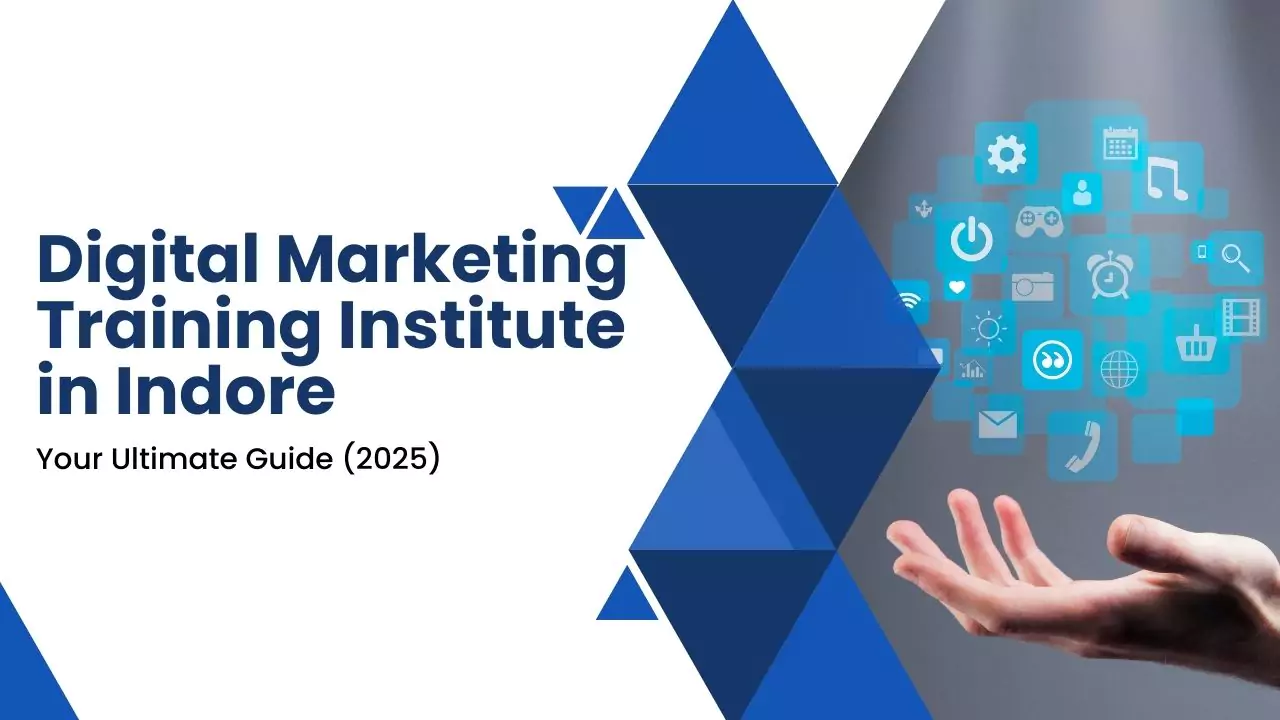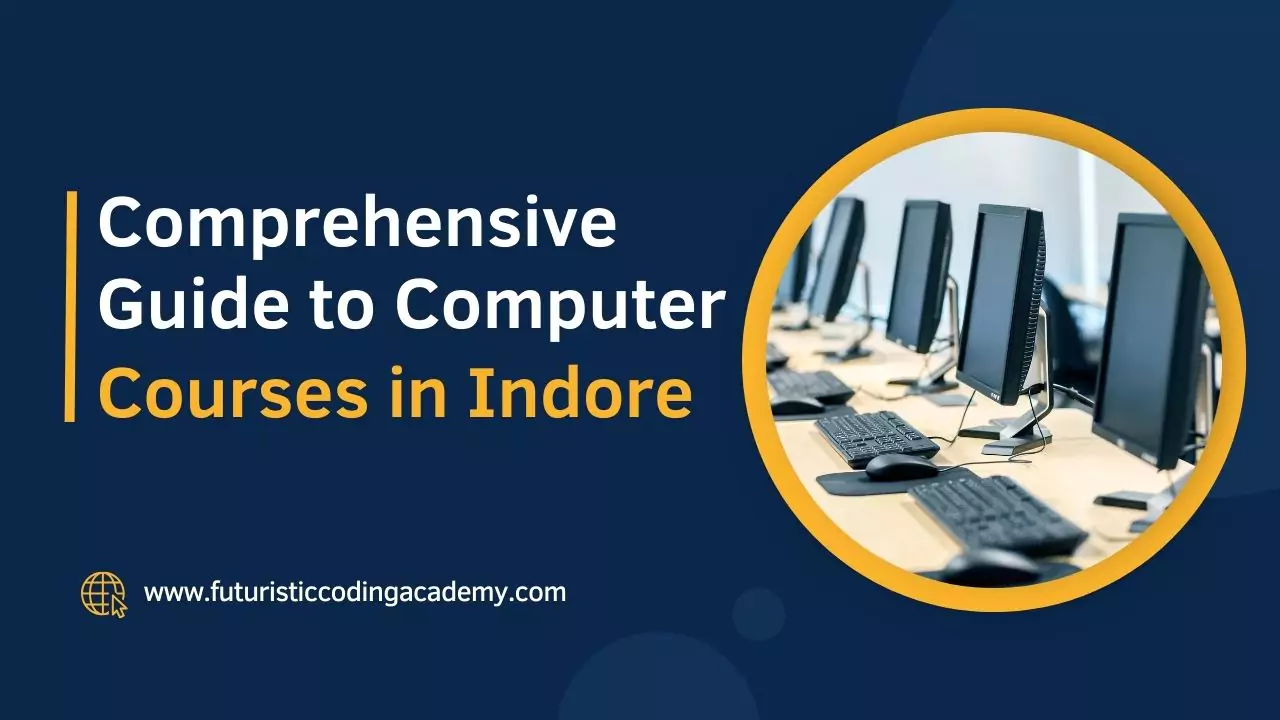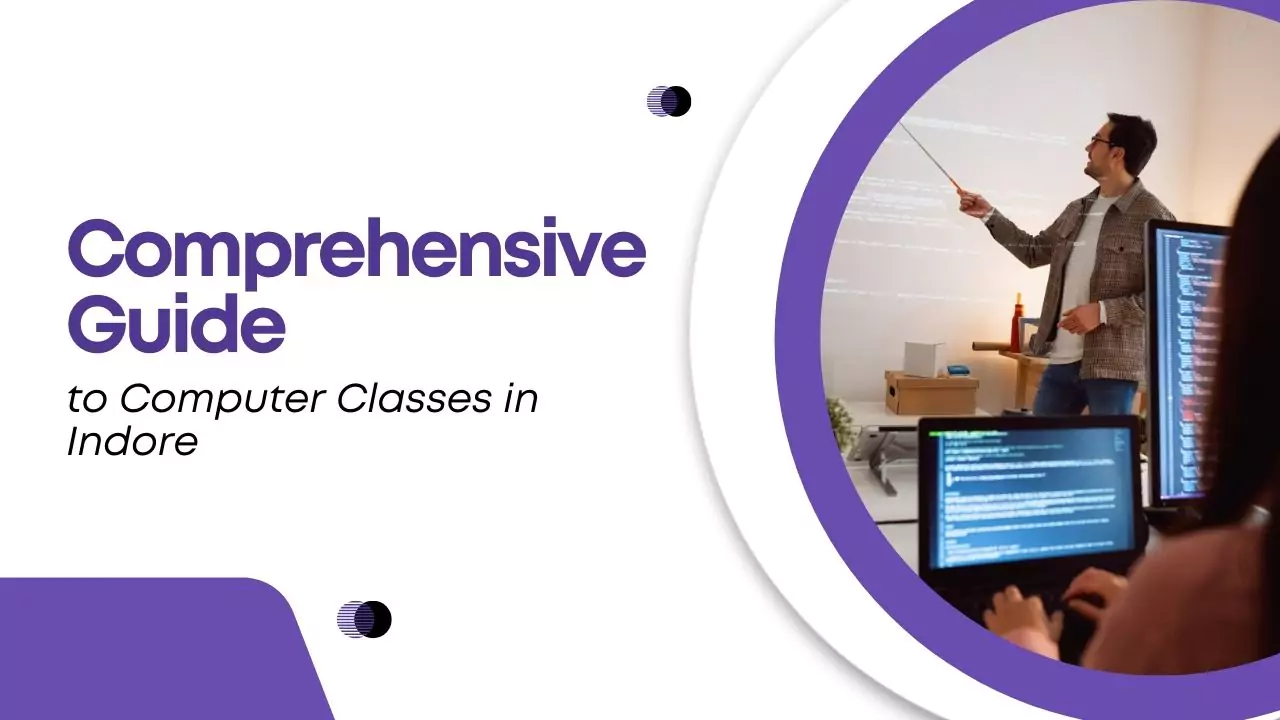Java Full Stack Development is a versatile and in-demand skill in the software development world. Landing a job as a Java Full Stack Developer requires strong knowledge of both Java and web development concepts. This blog post compiles essential Java Full Stack Developer interview questions that will help you confidently tackle various topics during your interview.
1. Basic Java Concepts
Difference Between GET and POST in Java Full Stack Development
GET and POST are HTTP methods used in client-server communication. The GET method retrieves data from the server, while the POST method sends data to the server for processing or storage. A key distinction is that GET appends data to the URL, which can expose information and limits the data size, while POST sends data in the request body, offering better security and no size limitations.
Example: If you want to fetch a user’s profile, use GET. When submitting a login form, use POST for data security.
What is Connection Leak in Java Full Stack Development?
A connection leak occurs when a database connection is not properly closed after use. This can lead to an accumulation of open connections, ultimately affecting application performance or causing system crashes.
Ways to Fix Connection Leak
- Ensure Proper Resource Handling: Always close database connections in a
finallyblock or use a try-with-resources statement to ensure automatic closure. - Use Connection Pooling Libraries: Employ libraries like HikariCP to manage connections efficiently.
- Monitor Connection Pool Usage: Regularly monitor and review code to identify leaks.
Stat: Did you know? Properly managing database connections can improve your application’s performance by up to 20% 【source】

2. Core Java Interview Questions
What is OOPS?
Object-Oriented Programming (OOP) is a programming paradigm that organizes software design around data (objects) and methods. Core principles include:
- Encapsulation: Bundling data and methods within classes.
- Inheritance: Allowing classes to inherit features from other classes.
- Polymorphism: Using methods in different ways.
- Abstraction: Hiding complex implementation details.
Stat: Did you know? Properly managing database connections can improve your application’s performance by up to 20% 【source】
Coding Standards in Java
Following proper coding standards enhances code readability and maintenance. Java commonly uses:
- Pascal Notation: Each word’s first letter is capitalized, e.g.,
FuturisticCoding. - Camel Notation: First word is lowercase, following words are capitalized, e.g.,
futuristicCoding.
Difference Between Class, Method, and Object
- Class: Blueprint for objects, defining methods and attributes.
- Method: Set of actions or functions.
- Object: Instance of a class with defined attributes and methods.
Data Types in Java
Java supports various data types, such as:
- Primitive:
byte,short,int,long,float,double,boolean,char. - Non-Primitive: Objects and arrays, e.g.,
String,ArrayList.
Use of Scanner Class and Its Methods
The Scanner class is used for user input in Java. Common methods include:
nextInt(): Reads an integer.nextLine(): Reads a string.

3. Advanced Java Concepts
Difference Between Static and Non-Static Methods
- Static Method: Belongs to the class and can be called without creating an instance. E.g.,
Math.max(). - Non-Static Method: Belongs to an object and requires an instance to be invoked.
Synchronized vs. Non-Synchronized Methods
- Synchronized: Used to control access to resources in a multi-threaded environment, ensuring that only one thread executes a method at a time.
- Non-Synchronized: Multiple threads can execute the method simultaneously, which might cause data inconsistency if not handled properly.
4. Full Stack Developer Interview Questions
What are Directives in AngularJS?
Directives in AngularJS add behavior to HTML elements. Common directives include:
- ng-model: Binds an input element to a property.
- ng-repeat: Creates a clone for each item in a collection.
Explore our Full Stack Developer Course to master AngularJS and other frameworks.
Explore our Full Stack Developer Course to master AngularJS and other frameworks.
Features of Node.js
- Asynchronous and Event-Driven: Handles multiple requests without blocking.
- Non-Blocking I/O: Efficiently manages I/O operations.
- NPM: Extensive library of open-source packages.
5. Comparison and Difference-based Questions
Difference Between C++ and Java
| Aspect | C++ | Java |
|---|---|---|
| Platform | Not platform-independent | Platform-independent |
| Memory | Manual memory management | Automatic garbage collection |
| Language Type | Procedural & Object-Oriented | Object-Oriented |
Features of the Java Language
Java is known for its simplicity, portability, security, and robust memory management. It follows the “write once, run anywhere” principle, making it platform-independent.

6. Intermediate Java Interview Questions
How Java Becomes Platform Independent?
Java code is compiled into bytecode, which is executed by the Java Virtual Machine (JVM). Since JVM is available on various operating systems, Java programs can run anywhere.
Instance vs. Local Variables
- Instance Variable: Defined in a class, accessible to all methods.
- Local Variable: Defined within a method and accessible only within that method.
Conclusion
Mastering Java Full Stack interview questions requires understanding fundamental and advanced concepts. By studying these questions, you’ll be better prepared to demonstrate your skills and tackle various interview scenarios confidently.
Are you ready to take your Java Full Stack skills to the next level? Enroll in our Full Stack Developer Course for hands-on learning and expert guidance. Subscribe to our newsletter for more insights and tips on cracking your next job interview!
For a more in-depth understanding, explore our resources like the Java Full Stack Developer Roadmap.
Frequently Asked Questions
How do I prepare for a Java Full Stack Developer interview?
Review core Java concepts, practice coding, and understand full stack technologies like Angular and Node.js.
What is the most commonly asked question in Java interviews?
Questions on OOP concepts, data structures, and Java-specific features like JVM, garbage collection, and threading.
What skills are needed for a Java Full Stack Developer?
Strong knowledge of Java, databases, web frameworks, front-end technologies (HTML, CSS, JavaScript), and RESTful services.






